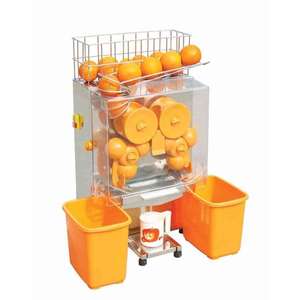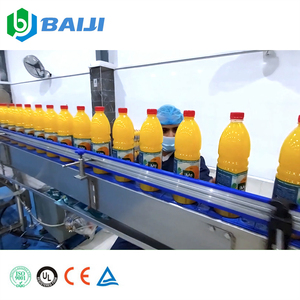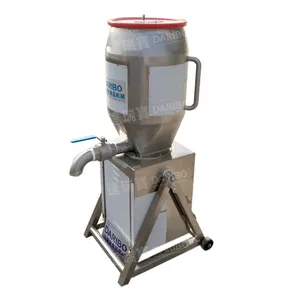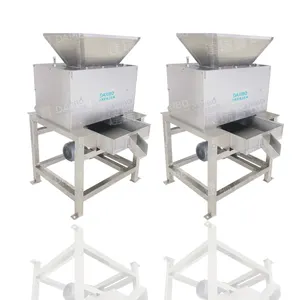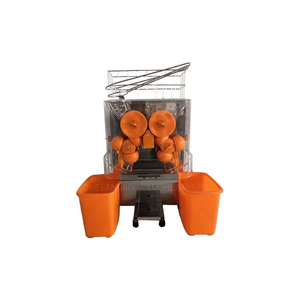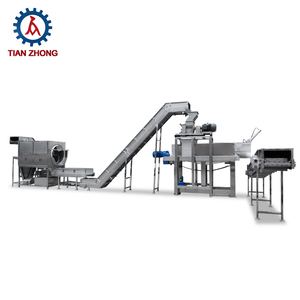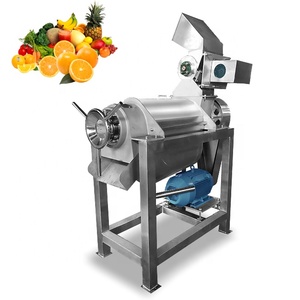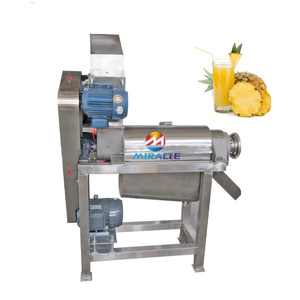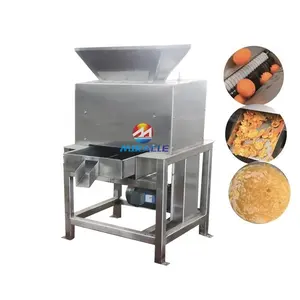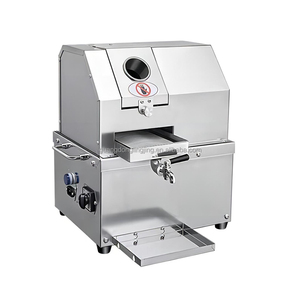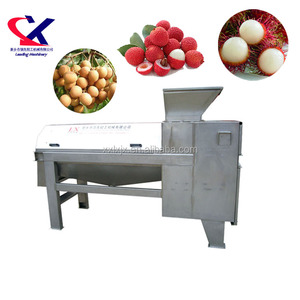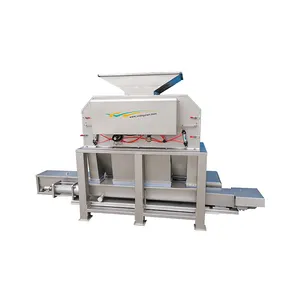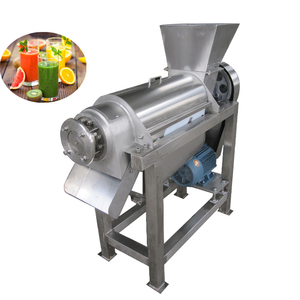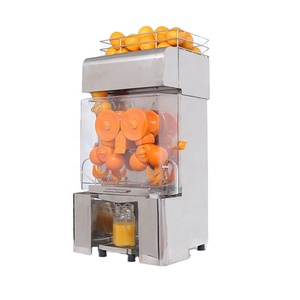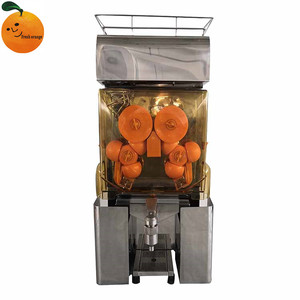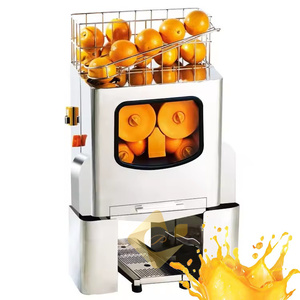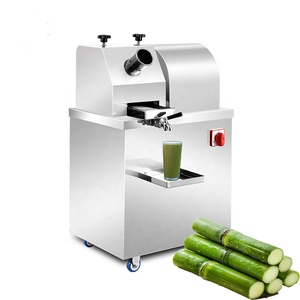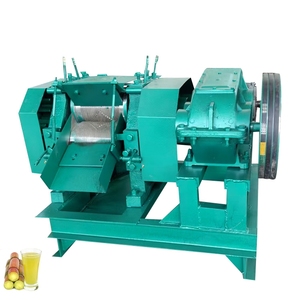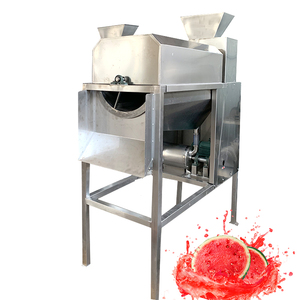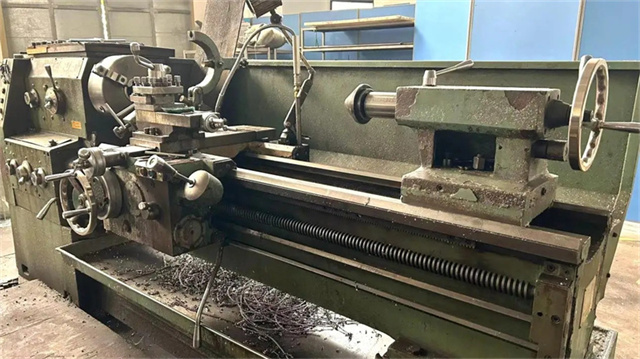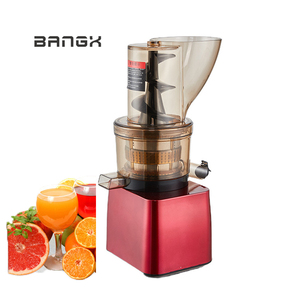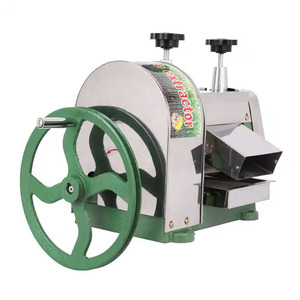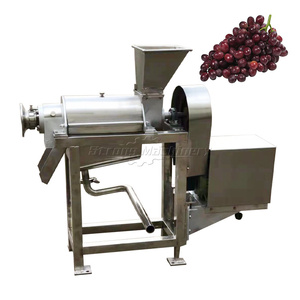Automatic Juice Making Machine















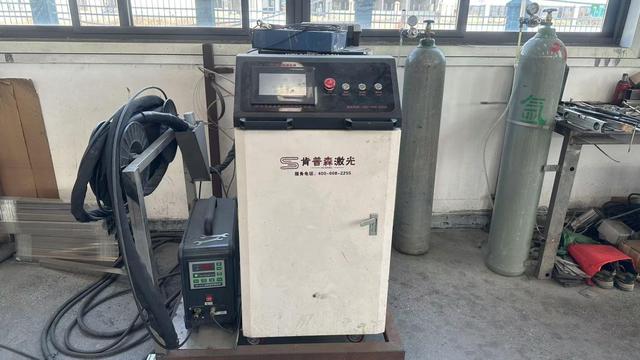

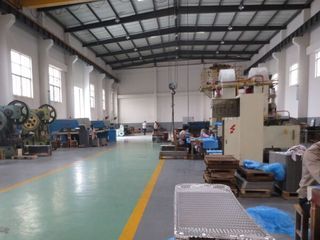



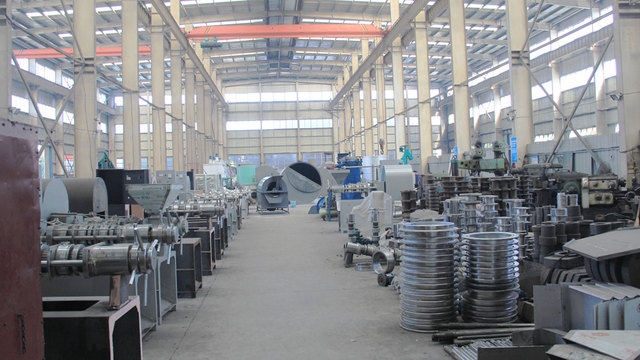











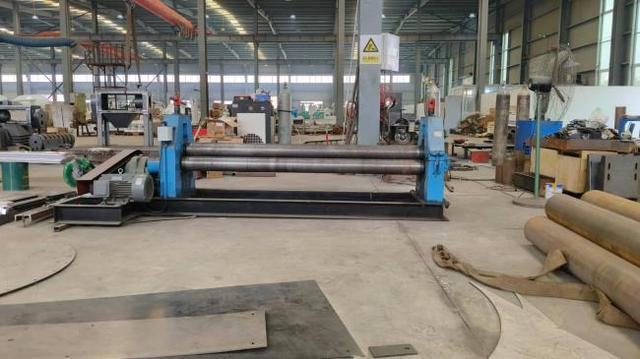

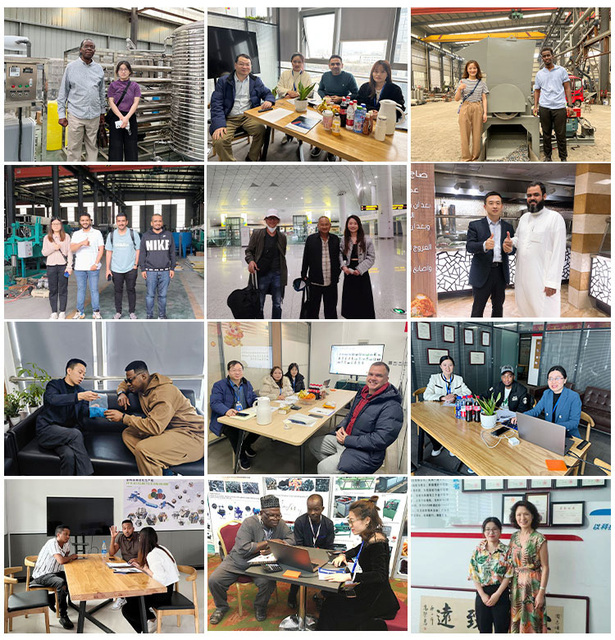
About automatic juice making machine
Where to Find Automatic Juice Making Machine Suppliers?
China remains the global epicenter for automatic juice making machine manufacturing, with key industrial clusters in Henan, Guangdong, and Jiangsu provinces driving innovation and scale. These regions host vertically integrated supply chains encompassing food-grade stainless steel fabrication, automation controls, and beverage processing technologies. Proximity to raw material sources—particularly 304 and 316L stainless steel—and mature logistics networks enables competitive pricing and rapid export readiness. Suppliers in Zhaoqing and Zhangjiagang have developed specialized expertise in cold-press and turnkey fruit juice processing lines, while Changzhou and Anyang focus on compact commercial extractors for fresh-service markets.
The concentration of component manufacturers within 50km radii allows for efficient assembly and testing of fully automated systems. This ecosystem supports flexible production runs, from single-unit prototypes to full-scale beverage plant installations. Buyers benefit from lead times averaging 20–40 days for standard models, with cost advantages of 25–40% over equivalent Western-built equipment. Integration of PLC-controlled automation, hygienic design standards, and modular configurations further enhances scalability for domestic and international operations.
How to Choose Automatic Juice Making Machine Suppliers?
Procurement decisions should be guided by rigorous technical and operational assessments:
Quality & Compliance Verification
Confirm adherence to ISO 9001 quality management systems as a baseline. For exports to regulated markets (EU, USA, Australia), CE marking and compliance with food safety standards such as FDA 21 CFR or EU 1935/2004 are essential. Request documentation for material certifications (e.g., stainless steel mill test reports) and electrical safety compliance (IP ratings, insulation class).
Production Capacity Assessment
Evaluate supplier infrastructure based on:
- Factory area exceeding 3,000m² indicating scalable operations
- In-house capabilities in CNC machining, welding, and control panel assembly
- Dedicated R&D teams focused on beverage process optimization
Cross-reference online revenue metrics and reorder rates (>30% indicates strong customer retention) with on-time delivery performance (target ≥96%) to assess reliability.
Customization & Technical Support
Verify ability to support customization including juice type (citrus, pomegranate, mango, ginger), output capacity (50–5,000 L/h), and integration with upstream/downstream units (washing, pulping, pasteurization). Demand process flow diagrams and 3D layouts prior to order confirmation. Post-sale support, including installation guidance, spare parts availability, and remote troubleshooting, should be contractually defined.
What Are the Best Automatic Juice Making Machine Suppliers?
| Company Name | Location | Online Revenue | Main Products (Listings) | On-Time Delivery | Avg. Response | Reorder Rate | Min. Order Value (USD) | Product Range Notes |
|---|---|---|---|---|---|---|---|---|
| Anyang Toko Machinery Co., Ltd. | Henan, CN | US $120,000+ | Fruit & Vegetable Juicer (320) | 100% | ≤1h | 31% | $510 | Compact citrus and pomegranate presses; cold-press options |
| Zhaoqing Fengxiang Food Machinery Co., Ltd. | Guangdong, CN | US $70,000+ | Other Fruit & Vegetable Machines (278) | 100% | ≤3h | 33% | $1,360 | Industrial mango, ginger, and large-capacity fruit lines |
| Zhangjiagang Baiji Machinery Co., Ltd. | Jiangsu, CN | US $440,000+ | Integrated beverage lines (custom) | 100% | ≤5h | 50% | $12,600 | Turnkey 3-in-1 juice plants; carbonation and filling integration |
| Changzhou New Saier Packaging Machinery Co., Ltd. | Jiangsu, CN | US $60,000+ | Vending Machines (460) | 96% | ≤2h | <15% | $410 | Self-service fresh juice kiosks; orange and apple extractors |
| Shanghai Daribo Food Machinery Co., Ltd. | Shanghai, CN | US $10,000+ | Multifunctional juicers (183) | 100% | ≤4h | 50% | $3,000 | CE-certified industrial blenders; lemon/lime processing units |
Performance Analysis
Zhangjiagang Baiji and Shanghai Daribo demonstrate high customer loyalty (50% reorder rate), reflecting robust engineering and system integration capabilities. Anyang Toko leads in responsiveness (≤1h) and offers entry-level commercial machines starting at $510, ideal for small vendors. Zhaoqing Fengxiang specializes in niche applications like ginger and mango extraction, with scalable industrial designs. Changzhou New Saier dominates the self-service vending segment but exhibits lower repeat purchase behavior, suggesting potential gaps in long-term service support. High-revenue suppliers like Zhangjiagang Baiji typically offer end-to-end line solutions, reducing integration risks for complex juice production facilities.
FAQs
How to verify automatic juice machine supplier reliability?
Cross-check ISO and CE certifications with issuing bodies. Request factory audit reports or video tours confirming CNC machining centers, welding bays, and testing procedures. Analyze transaction history for consistent on-time delivery and customer dispute resolution patterns.
What is the typical MOQ and lead time?
Most suppliers accept 1-set orders, especially for commercial or prototype units. Lead times range from 15–25 days for standard models; customized turnkey lines may require 45–60 days. Air freight adds 5–10 days; sea shipping takes 20–35 days depending on destination port.
Can suppliers customize juice machines for specific fruits?
Yes, leading manufacturers support fruit-specific configurations including feed mechanisms, pressure settings, and pulp separation systems. Mango, pomegranate, and citrus require distinct auger designs and speed controls to optimize yield and clarity. Provide sample fruit batches for pre-production testing.
Do suppliers provide technical documentation and after-sales support?
Reputable suppliers deliver operation manuals, electrical schematics, and preventive maintenance guides. Remote troubleshooting via video call is common. Some offer on-site commissioning services (at additional cost) and maintain spare parts inventories for critical components like seals, gears, and PLC modules.
Are payment terms negotiable?
Standard terms include 30% deposit and 70% before shipment. Larger buyers may negotiate LC payments or escrow arrangements. Suppliers with high reorder rates often offer preferential terms for repeat orders. Confirm warranty coverage (typically 12 months) and exclusions (e.g., wear parts, improper usage).












